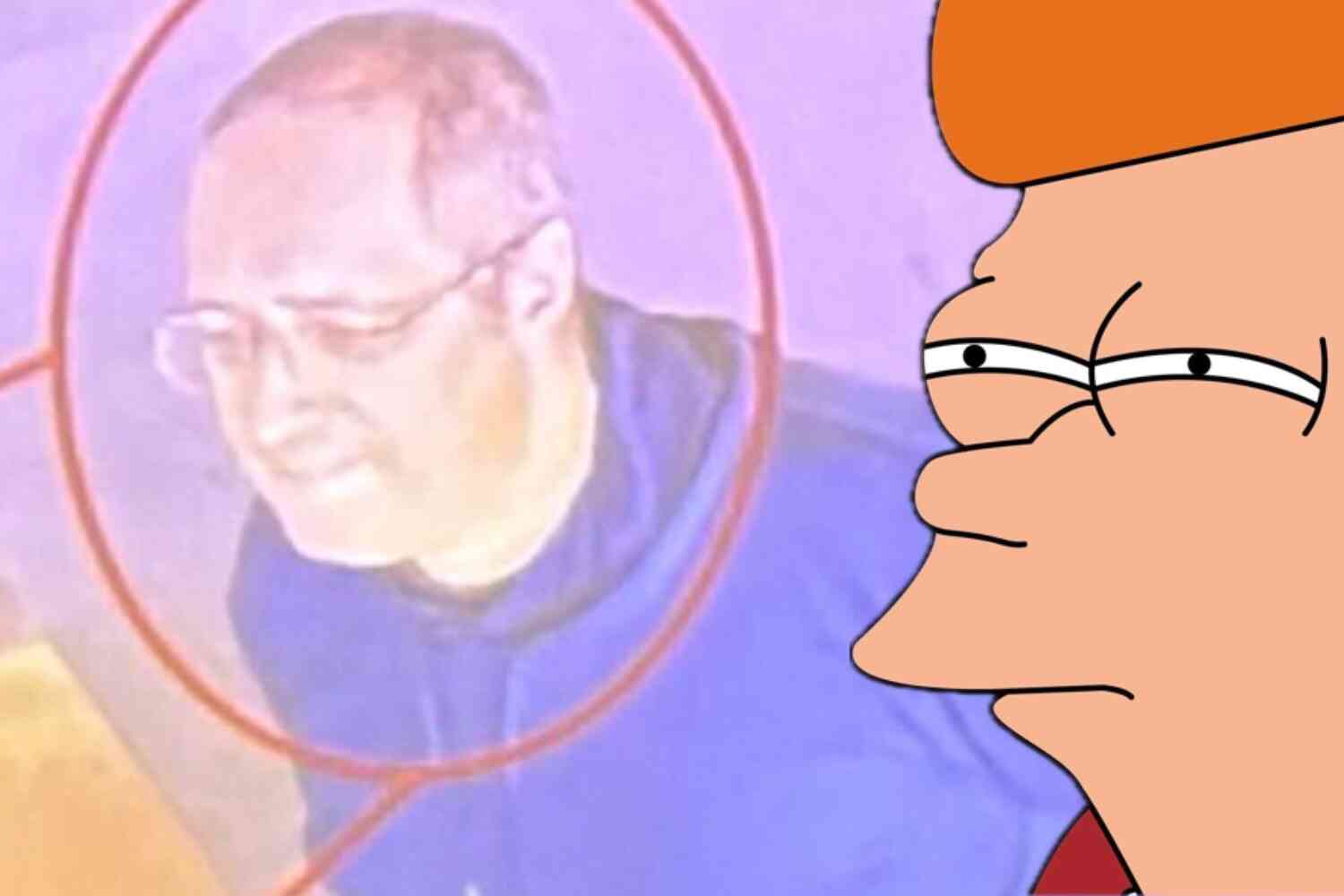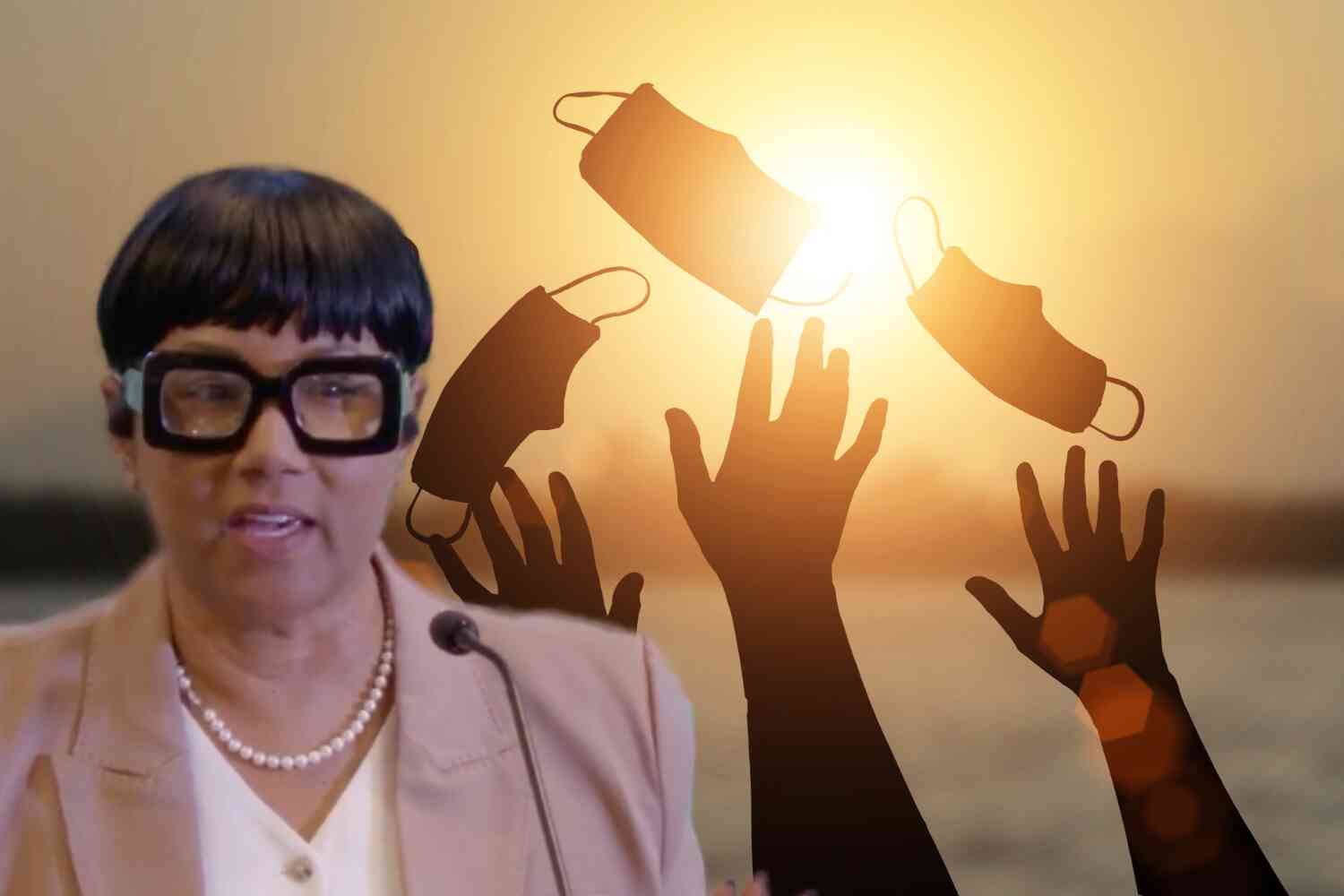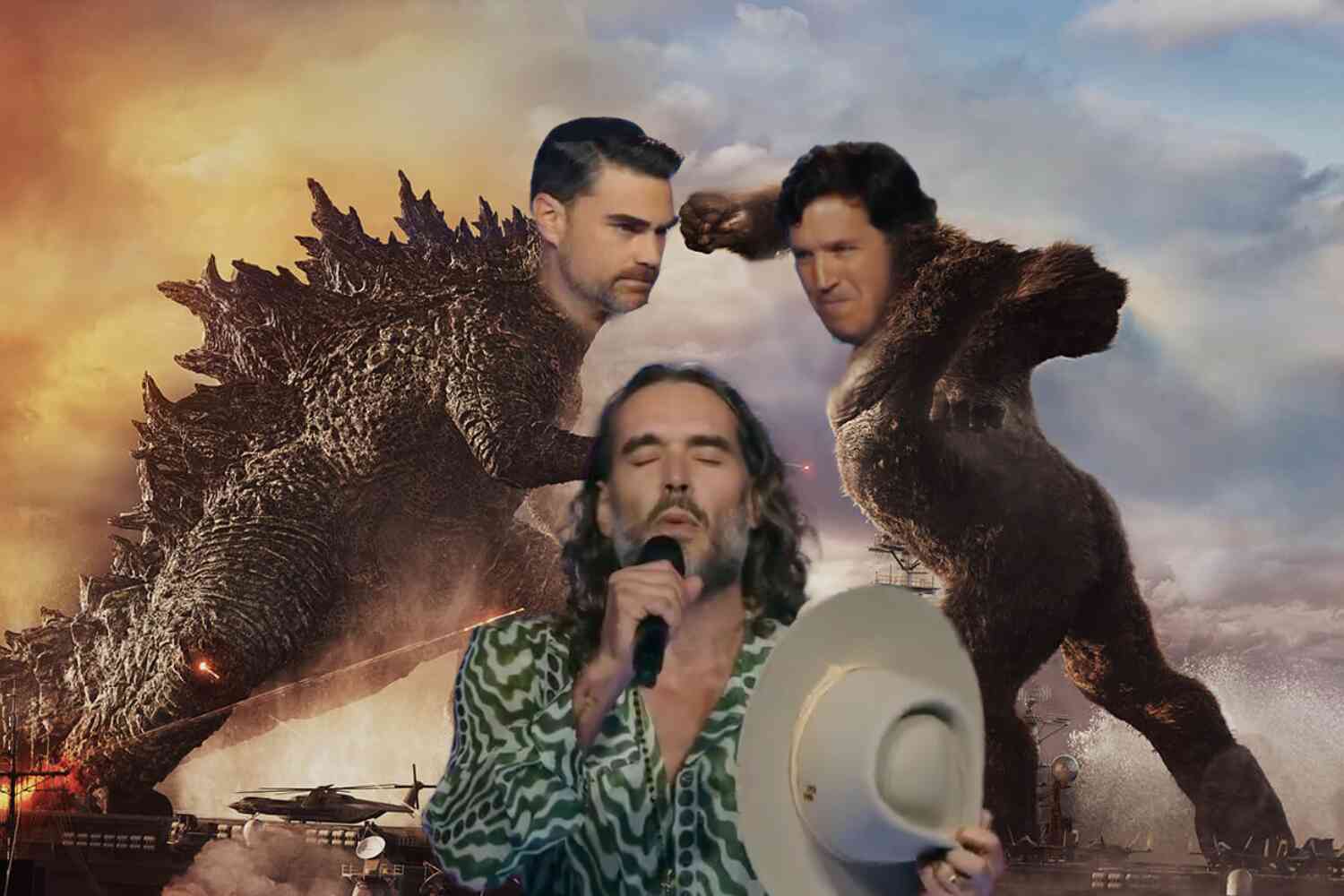I have some thoughts.
Perhaps not new thoughts, but thoughts nevertheless.
First, I have to share this disturbing video out of the Hawaiian island of Maui, where a wildfire just devastated a local town. I will warn you that this video shows a severely injured, potentially dead woman. It is not suitable for younger people and I don't bring it to you lightly or for clicks.
With that in mind:
"We can not do nothing for her."
Given his subconscious use of a double negative, even his own mouth is speaking out against that lie.
There was ample time and space to save that woman. Anything else was an excuse for leaving her there.
It's easy to say "love your neighbor" when it means wearing a mask to Walmart (and ganging up on anyone to shame anyone who doesn't).
It's hard to say the same when it means putting your actual life at risk for others.
On one occasion an expert in the law stood up to test Jesus. "Teacher," he asked, "what must I do to inherit eternal life?"
"What is written in the Law?" he replied. "How do you read it?"
He answered, "‘Love the Lord your God with all your heart and with all your soul and with all your strength and with all your mind'; and, ‘Love your neighbor as yourself.'"
"You have answered correctly," Jesus replied. "Do this and you will live."
But he wanted to justify himself, so he asked Jesus, "And who is my neighbor?"
Many of us still remember the answer that Jesus Christ gave here in Luke chapter 10.
But some of us don't.
To love our neighbor is not to leave them alone. Instead, it means putting ourselves in harm's way - oftentimes at great physical, emotional, and financial loss - for those that would consider us an enemy.
The "Good Samaritan" story is often hijacked by tyrants and grifters to lecture people on issues like public health, immigration, and gun control.
But would these same voices that would twist the very words of God lecture us when a man drives past his literal neighbor on a fiery road? I doubt it.
And what of these men themselves? It is not me they have to answer to, but One much greater. One may forgive a man for cowardice in the heat of battle, as it were, but he should never forget, as CS Lewis wrote, "Courage is not simply one of the virtues, but the form of every virtue at the testing point."
Which sounds better... this?
Or this?
Which strikes you as rational? Which strikes you as honorable? Which is better? Which stirs your heart and makes the tales worth telling?
Is it the message of self-preservation, or is it the one of courage, the one that reminds me of WWII medic Desmund Doss, who saved 75 men during the Battle of Okinawa under heavy machine gun fire?

In which world would you live? Choose, then plan well how you will meet your Maker, for meet Him you shall.
It is easy to use the parable of the Good Samaritan to shame your Republican neighbor for wanting a border wall until the moment your "progressive" city is flooded with abject human misery propagated by trafficking networks and cartels.
Whatever is hard to do, whatever does not make a good political slogan - humble yourself, discipline yourself, sacrifice yourself - this is usually the path of wisdom and virtue. Co-opting the Word of God is easy; living it out is difficult.
With that in mind, I will let you ponder what you would do if you were on a fiery road out of Lahaina, for such a moment of testing may be nearer at hand than you realize.
"Which of these three do you think proved to be a neighbor to the man who fell into the hands of the robbers?"
"The one who showed mercy to him," he said.
Then Jesus told him, "Go and do the same."









